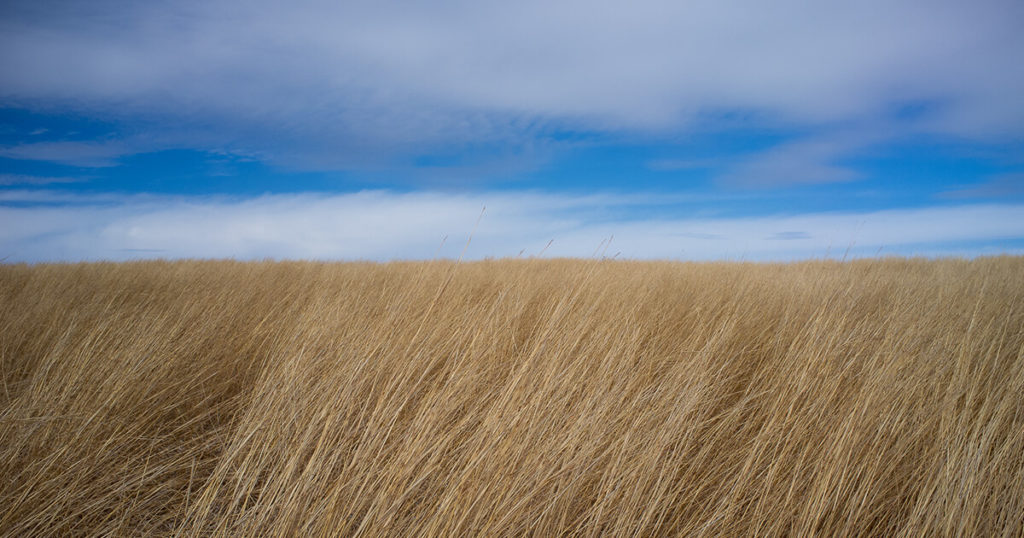
In July, the Bureau of Land Management, a vast agency within the Department of the Interior, announced that it was moving its headquarters from Washington, D.C. to Grand Junction, Colorado, a city on the west slope of the Rockies and nearly 2,000 miles from Congress.
The reason for the move, according to Colorado’s Republican senator, Cory Gardner, was to put top BLM officials closer to the land that they manage, since most of those 245 million acres are west of the Mississippi. “The problem with Washington is too many policy makers are far removed from the people they are there to serve,” said Gardner in a press release.
Apparently Senator Gardner shares a misconception common to many westerners: that federal land exists only for the profit and pleasure of those who live near it. The truth is that policy makers in Washington serve not just local residents but all citizens of the United States, who have an equal stake in the lands in question.
Many of the people who use federal land the most and derive the greatest, often lopsided benefits, seem unaware that these goods are not reflected in the low rents they pay to the rest of us for grazing rights, or in the rhetoric we hear from Bundy-esque separatists from the Rockies to the Sierra Nevadas. A little history lesson might be in order not just for Senator Gardner but also for anyone in the West who rails against federal management as a kind of land grab.
The land grab happened, of course, but it came at the expense of Native Americans. Federal lands not taken by force were purchased from Napoleon and others (who, strictly speaking, did not own it), with money from taxes paid by citizens living east of the Mississippi River. The purchased land, like public land in the West, was later managed at federal expense because it is a priceless national resource—if one that provides additional benefits to the people who actually live around it. That boon is one reason that Colorado and almost all the other western states asked to join the Union. Congress admitted them and set aside land within the new states to encourage settlers and to raise revenue to support state schools. After state boundaries were drawn, they were also defended and otherwise nurtured by the federal government up to the present.
The idea that the United States government somehow took land away from the western states is both false and deeply offensive. The blessed few restrictions on this land protect what’s left of this fabulous natural resource. Most of the public land near water was eventually acquired by large agricultural enterprises and “lifestyle” ranchers who can well afford the relatively modest fees. That money goes, in part, toward protecting what’s left of a once-lush area now decimated by overgrazing, destructive energy development, and mining under the Mining Act of 1872 which allows anyone to mine virtually for free and ought to be abolished.
Which brings us back to the transplanting of relatively few senior BLM employees in Washington—about 300 in a department of about 9,000—to Grand Junction. The rest of the BLM’s employees already work in dozens of offices throughout the west. Those in Grand Junction will share a four-story building with Chevron, Laramie Energy, the Colorado Oil and Gas Association, and other corporations.
“This administration just doesn’t want us handy to [a] Congress that often needs clarification of laws and advice in drafting and voting for or against new ones,” according to a federal employee who works closely with BLM staffers on any of the same issues and was understandably reluctant to be named. “Getting us out of Washington is a way to limit real professional advice going to elected officials by isolating us in the wide open and mostly empty spaces.” He pointed out that the same things is happening in the Agricultural Department, “with more to come.”
The Interior Department’s latest Secretary, David Bernhardt, a former oil lobbyist who grew up near Grand Junction, recently told The Washington Post that the new headquarters “is another step in providing better service to the American people and your neighbors in the West.” Maybe so, but wouldn’t the American people be better served by protecting Western lands for all of us, not just ranchers who have grown used to the federal largesse of cheap access for grazing and extraction?

